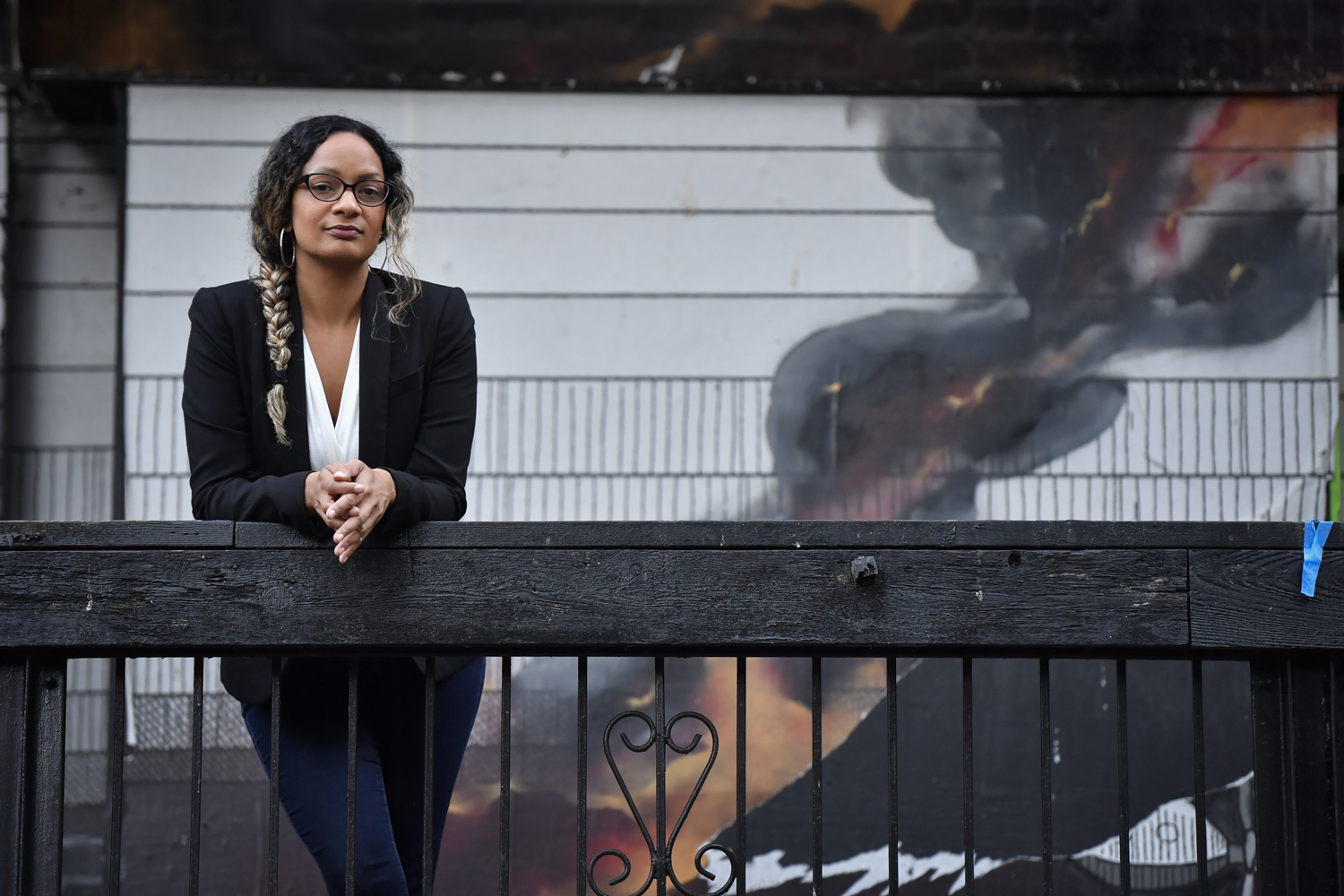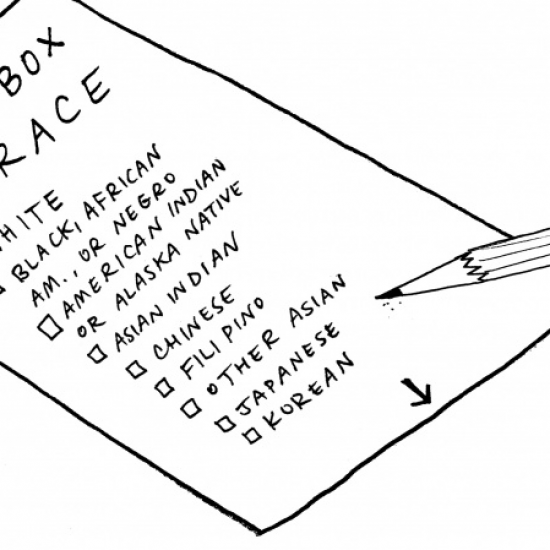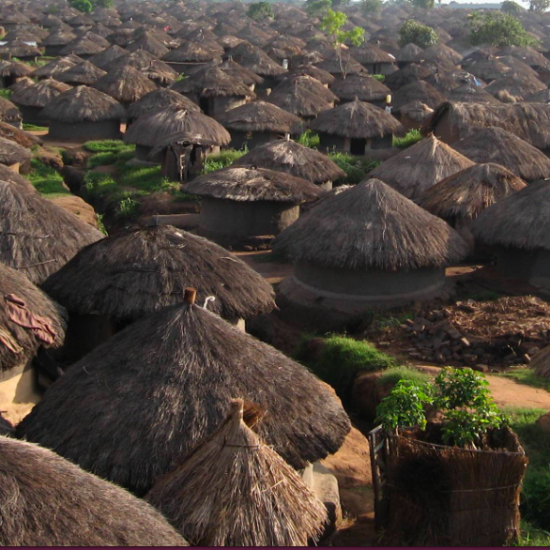“But you don’t look…that Black”
What do comments like this mean to a mixed-race writer, woman, Canadian, artist, and creator? What would it look like to occupy a second body that is essentially her own, but in duplicate? Isn’t a first draft just trial and error? Theories are simply the beginnings of stories, and for that we should have the right to these fragments, just as I have the rights to the pieces that make up who I am. I have nothing to prove be it my blackness, or lack thereof. This is an exhausting feat, but through the journey, the hard work, muscles form. Repeat a constant repetitive motion over and over. This creates strength. In creating a strength builds a confidence. In building a confidence comes trust. In trusting a writer’s words, theories become extremely plausible.
From theories, we form categories. More specific and refined. When we put writers into neatly organized and very strict boxes, we start caring more about meeting the requirements of that particular category, versus the quality and content of the writing. We stop listening to the author’s voice, words, message, and story. Instead we focus on whether or not they have the right to tell it.
When I am asked what it is like to be a woman of colour writer in Canada, I find that an overwhelming question to try to answer. Think of all the categories I fall into. Woman of colour. Writer. Canadian. Woman. Canadian. Canadian Woman of colour. Which category do I identify with?
I typed “Women of Colour” into google:
“Col-oured (redirected from Women of colour)
adj.
- Having color: colored tissue paper.
- also Colored Often Offensive
- Of or belonging to a racial group not categorized as white.
- Black or African-American.
- Of mixed racial descent.
- often Coloured South African Of or belonging to a population grouping made up of persons of mixed racial descent or of certain other nonwhite descent, especially as distinguished during apartheid from blacks, Asians, or whites.
- Distorted or biased, as by irrelevant or incorrect information.
- pl. colored or coloreds
- also Colored Offensive
- A person belonging to a racial group not categorized as white.
- A black person, especially an African American.
- A person of mixed racial descent.
- often Coloured South African A person belonging to the Coloured population grouping, especially during apartheid.
- coloreds Pieces of laundry that are not light in color.”
These definitions confuse me. Even definitions have trouble finding a place where they fit in, and make sense. Many Canadian mixed-race women struggle with finding a sense of belonging within themselves as well as within their own families and even communities. I think when you come from two different cultures, and are denied one half, you spend the majority of your time questioning everything in your life, from parenting to education, careers to social groups, and even dating and marriage. In some pieces, I use a character’s voice as narrator, and even though a particular poem may not be about me, I’m always sure to remove my mask and question if this is where I’m supposed to be. I am writing the way I am supposed to be writing in this moment.
Had poetry not grabbed me by the throat, I seriously wonder if I would even be writing at all. Just like Amber Dawn said, “Poetry saved my life.”
_____________________________________________________________________________________________________

Chelene Knight lives in Vancouver, BC and is a graduate of The Writer’s Studio 2013 in the poetry cohort. Chelene is a Library Assistant at the Vancouver Public Library, and Managing Editor at Room. Previously, she worked as a Manuscript Consultant through SFU, and as a proofreader at Montecristo magazine along with other editor gigs with a poetry focus. She has been published in Amazing Canadian Fashion Magazine, Sassafras Literary Magazine, emerge, The Raven Chronicles Literary Magazine, and in Room 37.4. She just finished her second manuscript, Dear Current Occupant, a collection of sonnets, prose poems, and letters which is forthcoming with BookThug in 2018. Chelene is now dabbling in short short SHORT fiction. Her first book, Braided Skin, was published by Mother Tongue Publishing in Spring 2015. Find out more about Chelene at cheleneknight.com and @poetchelene.


